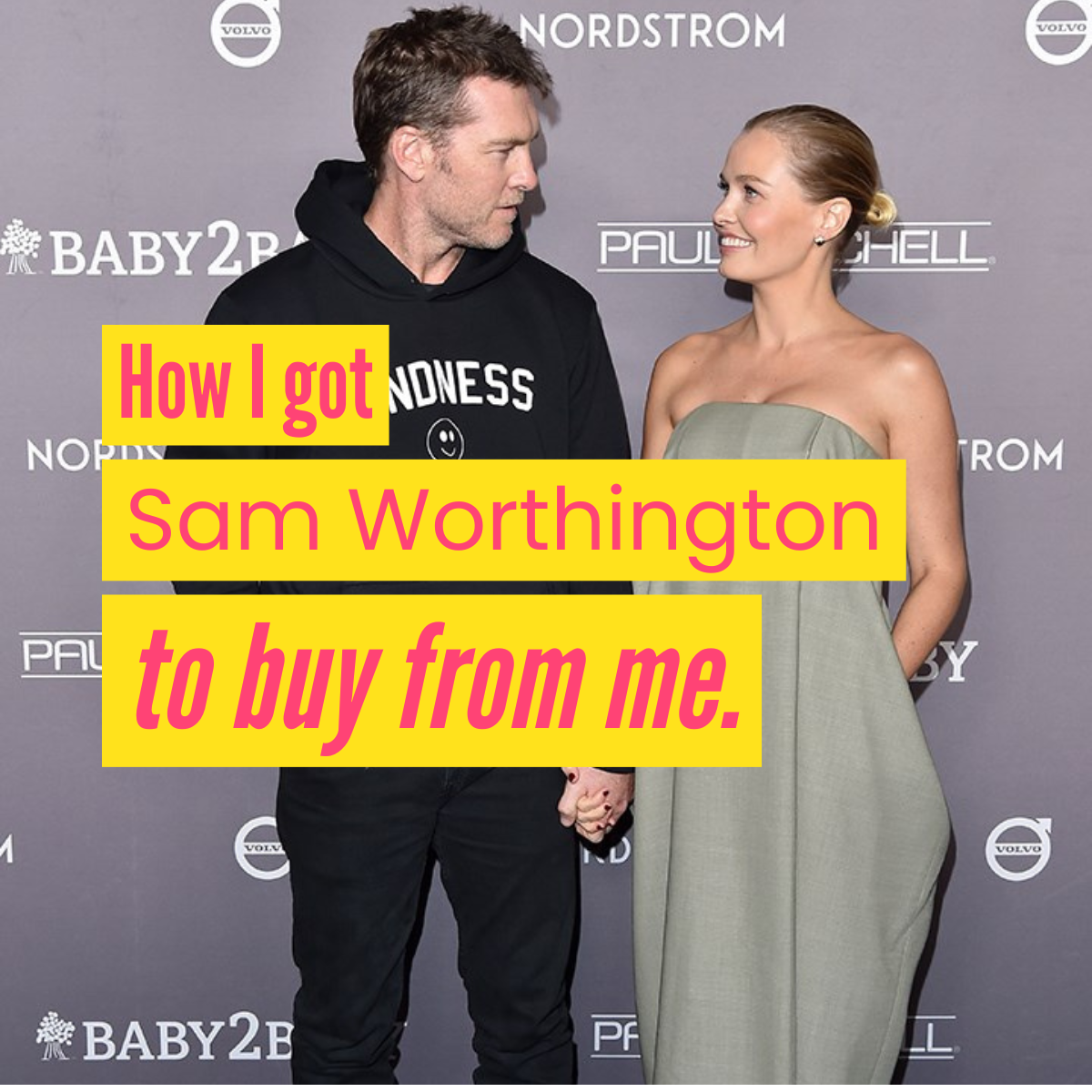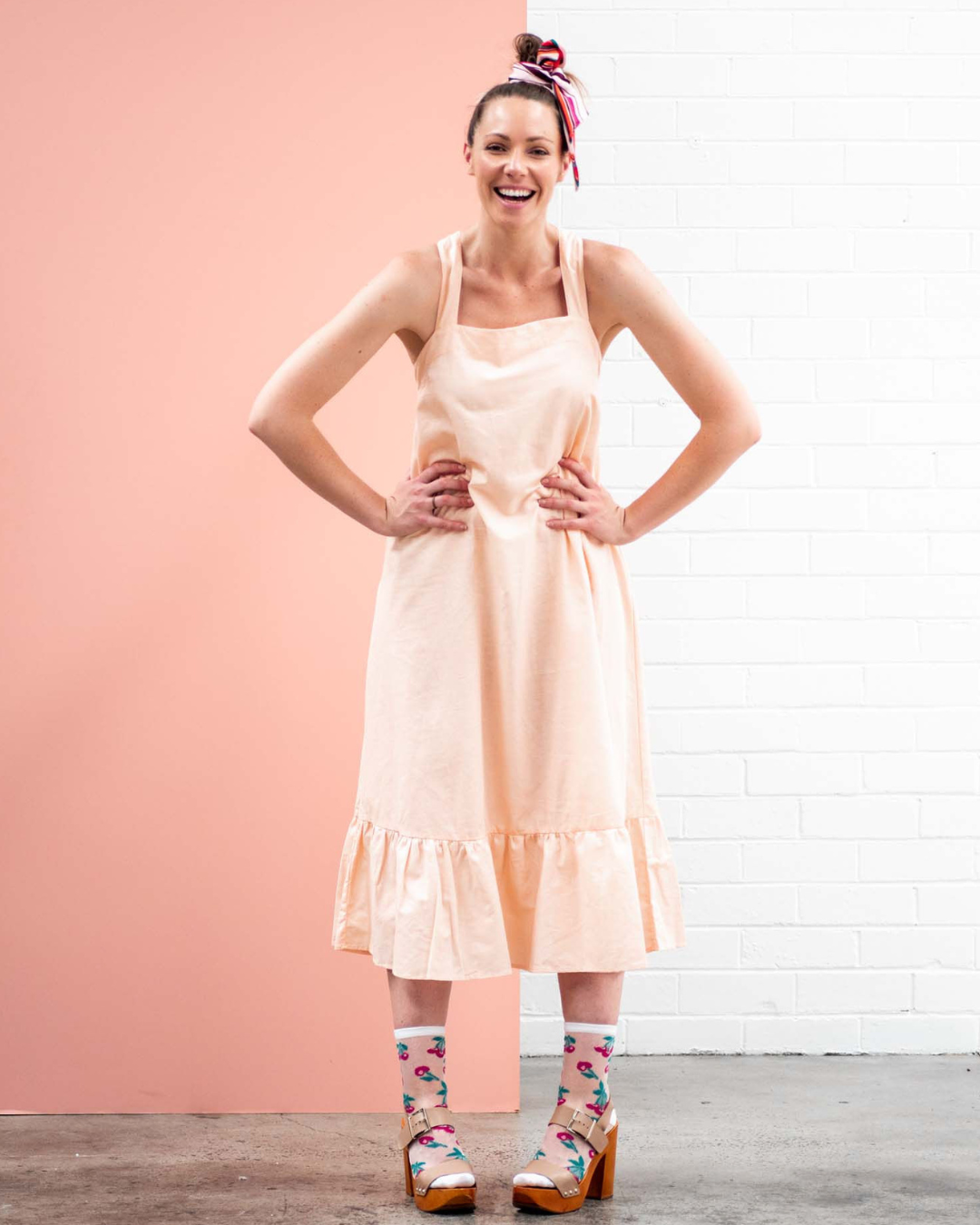The Dress Collective’s designers have one similarity: they all boast Australian-made collections and unique brand messages through their sustainable practices or ethical manufacturing, or through their use of recycled materials, eco-friendly fabrics or low-waste small-run ranges.
In the case of Brisbane based label, Black Mob, their unique message revolves around the importance of equal rights and anti-discrimination.Behind the bold title, ‘Black Mob The Label’, designer and founder Leilani Fonoti is unassuming and humble, but she’s not shy when it comes to sharing her cause and the mission of her clothing label.
Leilani grew up heavily influenced by fashion, and when her mind was broadened with a fashion course at high school, she decided to make a career of it and has been determined ever since. Her own personal style is swayed by music, particularly hip-hop, and it’s the dominance of streetwear in the hip-hop music industry that has influenced Leilani’s design aesthetic. The Black Mob look is all about bold prints and strong lines, balanced with wearability and comfort, and unisex pieces are a priority for Leilani.
“To be honest I don’t know why unisex fashion is not the majority! I think the idea of dressing according to your gender is outdated and the fewer labels we put on each other the better.”
Through its unisex designs, Black Mob advocates for gender equality and anti-discrimination, sending a message loud and clear about the relationship between fashion and the importance of social justice. Even the label’s name stems from Leilani’s decision to reclaim two words that have traditionally held negative connotations.
“The colour ‘black’ is nearly always used to describe something negative. We’re conditioned from a young age to make certain associations with colour and unfortunately, those associations can extend to people’s skin as well. The ‘black’ part of Black Mob is not there to describe something negative, but instead describe something powerful, strong and beautiful. The word Mob is commonly used to negatively describe a large group of people (usually of colour) who are either protesting, angry and acting disorderly, but I don’t see that as a negative. I see people of colour who are angry about social injustices, demanding change and fighting for equality – as a positive.”
Her aspirations to make positive change through her label result in collections that boast social commentary, something that many other labels steer clear of, but it is this gap in the market that Leilani has answered to. Black Mob’s ethically produced sweet wear is fashion with a purpose, promoting a dialogue about issues of inequality.
“Most brands don’t get involved or comment on controversial or political issues because the bottom line for them is money, but I think it’s important to know where a brand stands when it comes to issues like marriage equality and racial discrimination. You’re saying a lot when you choose to sit on the fence.”
The need for open discussion drives Leilani to design around the issues of racial and religious discrimination and gender equality, no matter how small or big her impact might be.
“I’m not a politician, I’m not a celebrity and I don’t have the kind of influence or platform where I can demand legal changes. But right now, I do what I can, which is use Black Mob to show diversity in the fashion industry and to use our clothing and social media platforms to start conversations about controversial issues.”
Leilani also uses Black Mob to illustrate a sense of ‘self’, and each design is carefully considered to avoid trends and instead focus on innovation and self-motivated creation. Inspired by music, dance, protests, people-watching and conversations, Leilani develops each Black Mob piece by assessing the statement it would make, and if she wouldn’t wear it herself or isn’t proud of the message it makes, it doesn’t make the collection cut.
Evoking a political message, the Black Mob ‘Protest’ print is motivated by protest signs from different decades and parts of the world. Although Black Mob itself is a method of peaceful protest for change, it uses the confronting nature of protest messages to start a conversation and speak up for the issues still being faced today for many marginalised groups.
Whilst she looks to other ostentatious designers that bend the rules like Rick Owens, Jeremy Scott, Nasir Mazhar, and the notorious Kanye West, her designs are anything but mainstream. Black Mob is also a product of Leilani’s ethical values, and she refuses to join the mass market of fast fashion in an effort to make a positive environmental impact.
Leilani believes that one of the most important factors in creating a great label is authenticity; the authenticity of inspiration, of the message and of the look is important, and it allows honesty and trust between the customers and the label.
“It’s one thing to be inspired by another designer or brand, but it is another thing to rip off someone else’s work or ideas and pass it off as your own.”
As for the future of Black Mob The Label, Leilani is working on several charity collaborations to promote her message. She’s also formulating a strategy to donate 100% of profits from certain garments to positive causes, giving customers the option to dictate the charity.
With so many positive plans in the pipeline, Black Mob’s statements aren’t going anywhere anytime soon. Leilani’s mission to create progressive growth, equality and sustainability in the fashion industry is one worth supporting, and this, coupled with her fight for equal rights and anti-discrimination, makes for one hell of an impactful label.
Shop the Black Mob The Label range and join Leilani’s fight for a better fashion future.
The Fashion Advocate x




